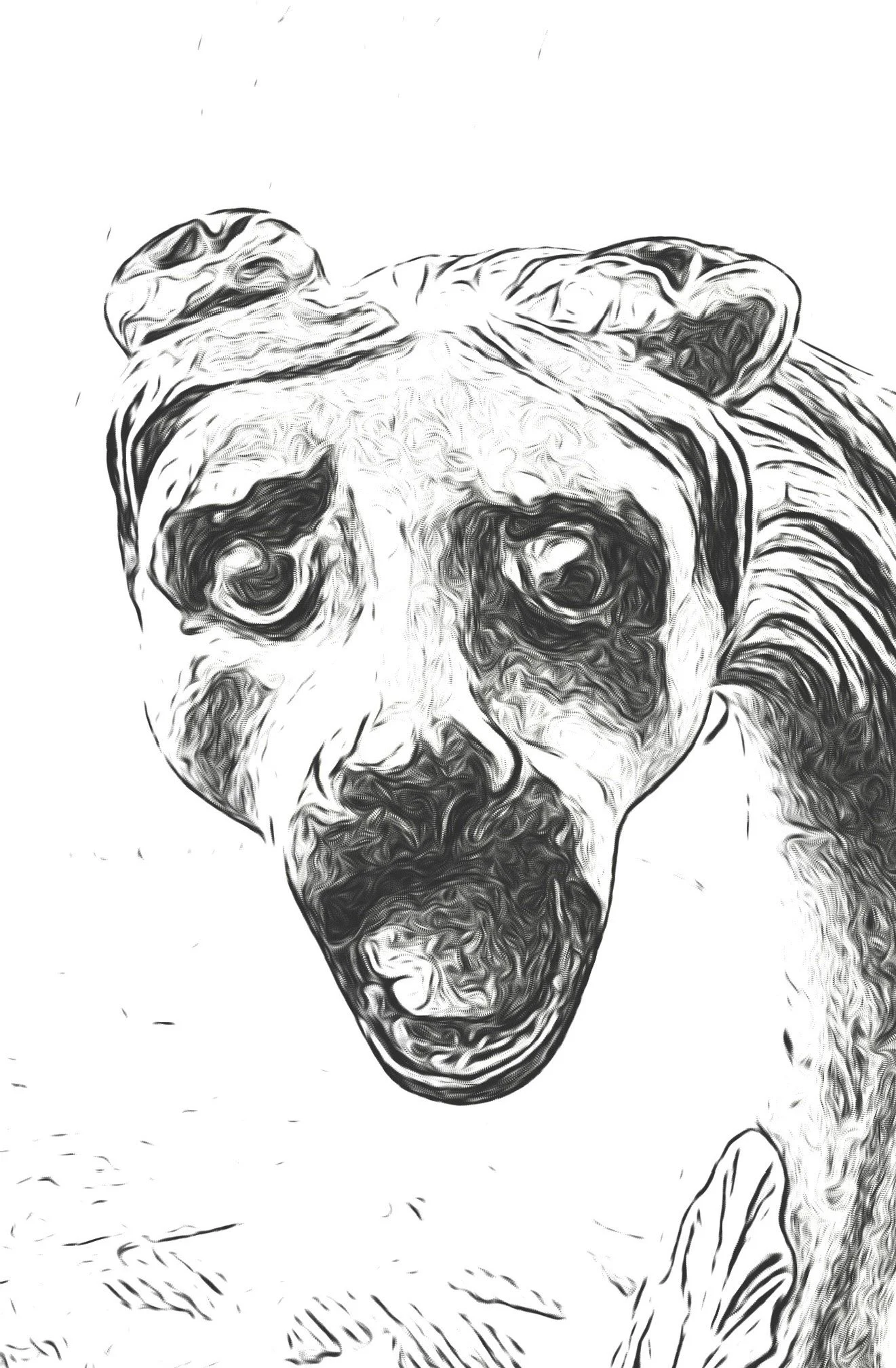EDWARD KORBER, PhD
Edward Korber works as a licensed clinical neuropsychologist in New York. For the past half century he has provided clinical care, primarily through public service hospital settings, to members of the communities underserved populations. He is an advocate of life long learning and has earned a number of post graduate certifications in behavior analysis, psycho-pharmacology, and substance abuse treatment. He has also continued to serve in a number of leadership positions committees of the American Psychological Association and NYS Psychological Association.
Perhaps more importantly for the last forty years Ed has also worked collaboratively, along with the other self taught artists and volunteers, at the Living Museum located on the grounds of Creedmoor Psychiatric Center in Queens County. His current mantra…
“ there is an artist in each of us who is aware of three basic truths:
Nothing is perfect
Nothing is finished
Nothing lasts forever
but in accepting this we can also come to learn, to appreciate the beauty in our imperfect world and lives that surround and embrace us.”
Hound of War
(Charcoal and Ink on Paper, 8.5” x 14”)
I have always enjoyed being an observer of the life around me and those subtle signs of awareness / insight that I observe in others. It always reminds me that all living things seem to manifest some form of conscious awareness. And though people like to think of themselves as rational decision-makers, who think carefully about what to do before they do it, I have often felt much of our conduct is frequently driven by repetitive behavior undertaken with minimal forethought and instead generated automatically by “habit,” not so unlike in the conduct of the other living creatures/species who share this world with us.
The habitual at times may require disruption to enable the adoption of new desired behaviors and outcomes. Some would say this is the essence of “generative entanglement,” a construct which highlights our consciousness of the dynamic and interconnected nature of systems and networks… conscious knowledge of how the output of one component becomes an integral part of the input for another, leading to complex and sometimes surprisingly emergent outcomes... perhaps the a core of psychotherapy. This understanding moves us beyond a simple focus on our individual agency to an acknowledgement of the powerful roles that social structures, cultural, and environmental contexts often play in shaping our identities and experiences; eliciting unanticipated emotions, awakening our awareness, our growth, and our hope for deeper understanding of the world around us.


